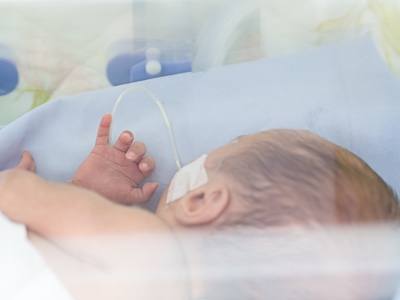A prolonged labor and difficult delivery places a mother at risk of serious harm, but these circumstances can also create fetal distress which can have lasting effects on the newborn’s health and development. There are a number of long-term disabilities that can result from fetal distress. While some of these conditions are immediately recognizable at birth, others may not present symptoms until weeks or even months later. That is why an attentive parent and regular doctor visits are vitally important during the first months and years of a child’s life.
Disabilities linked to fetal distress
As defined by the American Pregnancy Association, fetal distress generally refers to a situation where the fetus does not receive enough oxygen during the labor and delivery process. Through proper fetal monitoring, physicians are able to diagnose the condition and begin a treatment that will quickly correct the situation and, hopefully, prevent long-term damage to the child. However, without adequate measures, the fetal distress can worsen to a point where the baby is left with long-term disabilities, such as:
- Cerebral palsy
- Brain injury
- Motor impairment
- Visual and/or hearing impairments
- Learning disabilities
- Mental health disabilities
Signs of disability in infants
It can prove difficult to diagnose disabilities in newborns. Some infants may immediately present with such symptoms as seizures or breathing complications. Yet, many long-term effects of fetal distress are not recognizable until later in the child’s development. Some common signs of disability that a parent may eventually notice include:
- Eating difficulties
- Feeding complications
- Failure to meet milestones, like sitting up and talking late
- Inadequate muscle tone (baby’s arms and legs feel “floppy”)
- Muscle spasms
- Lack of age-appropriate attentiveness or alertness
- Showing preference to one side of the body
As a parent, you are in the best position to recognize developmental delays and notify your pediatrician. Timely diagnoses and treatment plans are vital to helping children with long-term disabilities lead their most productive and highest quality lives. Even if you are unsure about what you have observed, communicate your concerns to your baby’s doctor for professional consideration.
Helping families affected by fetal distress across Maryland and Washington D.C.
If your baby experienced fetal distress during labor and delivery, your family may be entitled to compensation from the treating physician and hospital. The attorneys of Schochor, Staton, Goldberg, and Cardea, P.A. have a proven track record of success in birth injury cases. We understand the challenges that your family are facing. That is why we fight to obtain the compensation your family deserves. For more information, call our Washington, D.C. and Maryland medical malpractice attorneys today at 410-234-1000 or use our contact form.













